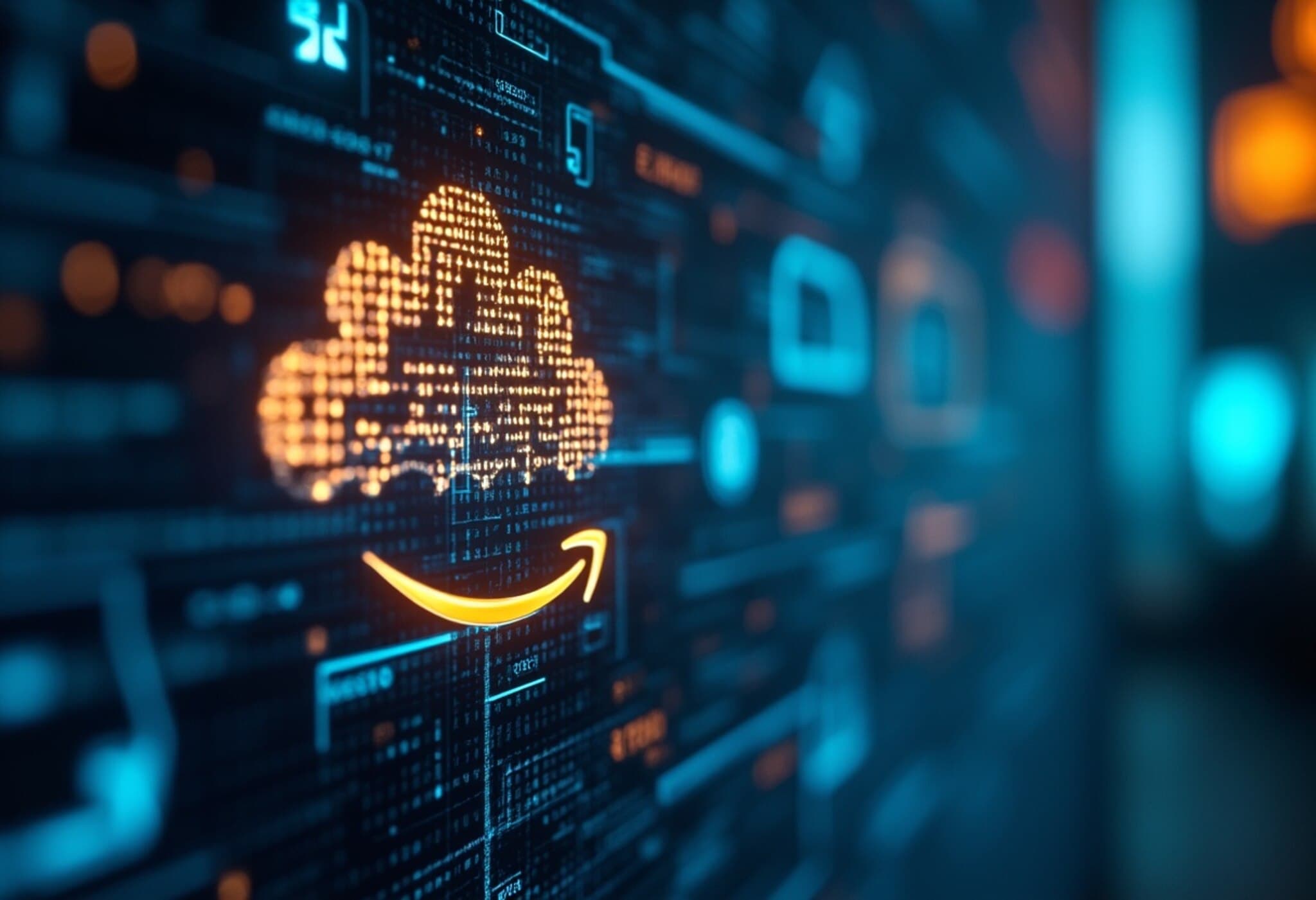China's 'Salt Typhoon' Cyberattack: A Staggering Breach of Global Networks
In a revelation that has sent shockwaves through the international cybersecurity community, the Chinese government-backed hacking group known as Salt Typhoon has conducted an unprecedented cyber campaign potentially compromising the data of nearly every American. Spanning multiple years, the operation represents one of the most ambitious and expansive cyber intrusions ever uncovered, targeting major telecommunications providers and critical infrastructure across more than 80 countries.
The Scope and Scale of the Attack
Unlike typical cyber espionage efforts aimed at specific government or corporate targets, Salt Typhoon's reach was indiscriminate and relentless. According to a joint security statement released last week by officials from the United States, United Kingdom, Canada, Finland, Germany, Italy, Japan, and Spain, the assault infiltrated networks integral to sectors including telecommunications, government administration, transportation, military installations, and even lodging services.
"Hackers sponsored by the Chinese government are targeting networks globally, exploiting a wide-ranging array of sectors with the intent to collect and weaponize sensitive data." The statement underscored the unparalleled breadth of this operation.
What Does This Mean for Americans?
Perhaps most alarmingly, the stolen data harvest potentially encompasses personal and professional information on Americans across the board. Experts suggest that few, if any, individuals in the U.S. were spared. Cynthia Kaiser, a former top FBI cyberdivision official intimately familiar with such investigations, affirmed, "I can’t imagine any American was spared given the breadth of the campaign." The ramifications include increased vulnerability to surveillance, identity theft, and the undermining of U.S. national security interests.
Strategic Implications in U.S.-China Relations
Historically, Chinese cyber operations have focused heavily on stealing intellectual property, especially in technology sectors like semiconductor designs, as part of a broader strategy to achieve technological parity or superiority over the U.S. However, Salt Typhoon signals a dramatic escalation, aiming to control global communications infrastructure and build detailed intelligence dossiers on political figures, activists, and intelligence operatives worldwide.
From an American policy perspective, this development accentuates the urgency of strengthening cyber defenses for critical infrastructure and accelerating diplomatic efforts to establish international norms in cyberspace. It also raises profound questions about the adequacy of current protective measures for private citizens' data and the accountability mechanisms available to respond to state-sponsored cyber aggression.
Underreported Dimensions and Ethical Conundrums
- Global Collateral Impact: While U.S. citizens are major victims, the attack’s indiscriminate nature affected vulnerable populations and infrastructure around the world, including democratic institutions in allied nations.
- The Human Cost: Beyond data theft, the potential for these cyber incursions to disrupt essential services or compromise personal safety remains an under-discussed risk.
- Privacy vs. Security: As governments bolster surveillance powers to counteract such threats, the tension between civil liberties and national security intensifies—a debate ongoing within the United States and globally.
Looking Ahead: Strengthening Resilience Against Cyber Threats
Experts urge a multipronged approach, combining technological innovation, enhanced intelligence sharing, and robust international cooperation. This includes:
- Investment in Cybersecurity Infrastructure: Prioritizing protective barriers for telecommunications and energy grids.
- Policy and Legislative Action: Implementing stronger regulations on data privacy and breach disclosures.
- Public Awareness Campaigns: Educating citizens on personal cybersecurity hygiene to mitigate risks.
Engagement between policymakers, industry leaders, and the public will be critical to navigate these challenges.
Editor’s Note
The expanse and audacity of the Salt Typhoon operation shatters any illusions about the cyber frontier being a contained battleground. It compels us to reassess how deeply intertwined our daily lives are with digital networks vulnerable to exploitation. As stakeholders, from government officials to ordinary citizens, wrestle with the implications, questions about balancing vigilance, privacy, and international diplomacy loom larger than ever. This story is a stark reminder: cybersecurity is not just about technology—it’s about protecting the fabric of our society.



















